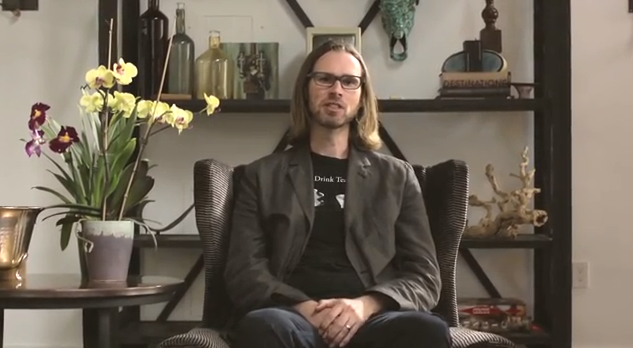Last chance to save on Digiday Publishing Summit passes is February 9

Last month Bebo founder Michael Birch bought back the failed social networking site he founded for $1 million. Today, he announced a plan to wipe the slate clean, and to start the site over. Gone, he promises in a hilarious video announcing the return of the site, are the penis illustrations and career-ruining photos.
“Will it work?” he asks of his plan to reinvigorate the site. “Who knows, but it’ll be fun trying.”
Bebo’s story is one of a spectacular fall from grace. Birch sold the site – at one point the most popular social network in the UK, eclipsing even MySpace – to AOL for $850 million in 2008, and walked away with nearly $600 million from the deal.
The site quickly buckled under the ascent of Facebook, however, and its audience numbers plummeted.
AOL eventually sold the site to digital media investors Criterion Capital Partners in 2010 for a reported $10 million – at a loss of $840 million. Birch himself bought it back last month for just $1 million.
Here he is in his own words:
More in Media

Brands invest in creators for reach as celebs fill the Big Game spots
The Super Bowl is no longer just about day-of posts or prime-time commercials, but the expanding creator ecosystem surrounding it.

WTF is the IAB’s AI Accountability for Publishers Act (and what happens next)?
The IAB introduced a draft bill to make AI companies pay for scraping publishers’ content. Here’s how it’ll differ from copyright law, and what comes next.

Media Briefing: A solid Q4 gives publishers breathing room as they build revenue beyond search
Q4 gave publishers a win — but as ad dollars return, AI-driven discovery shifts mean growth in 2026 will hinge on relevance, not reach.





